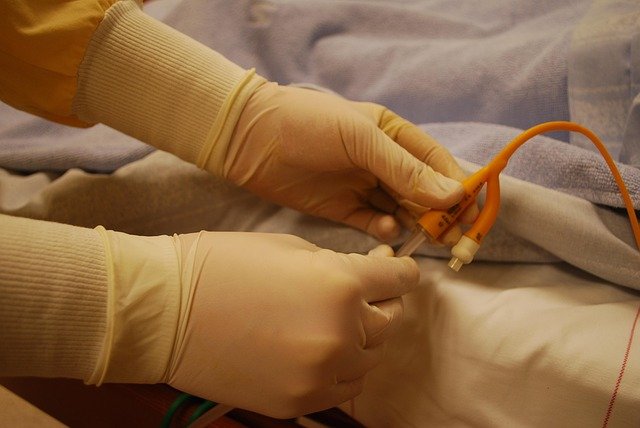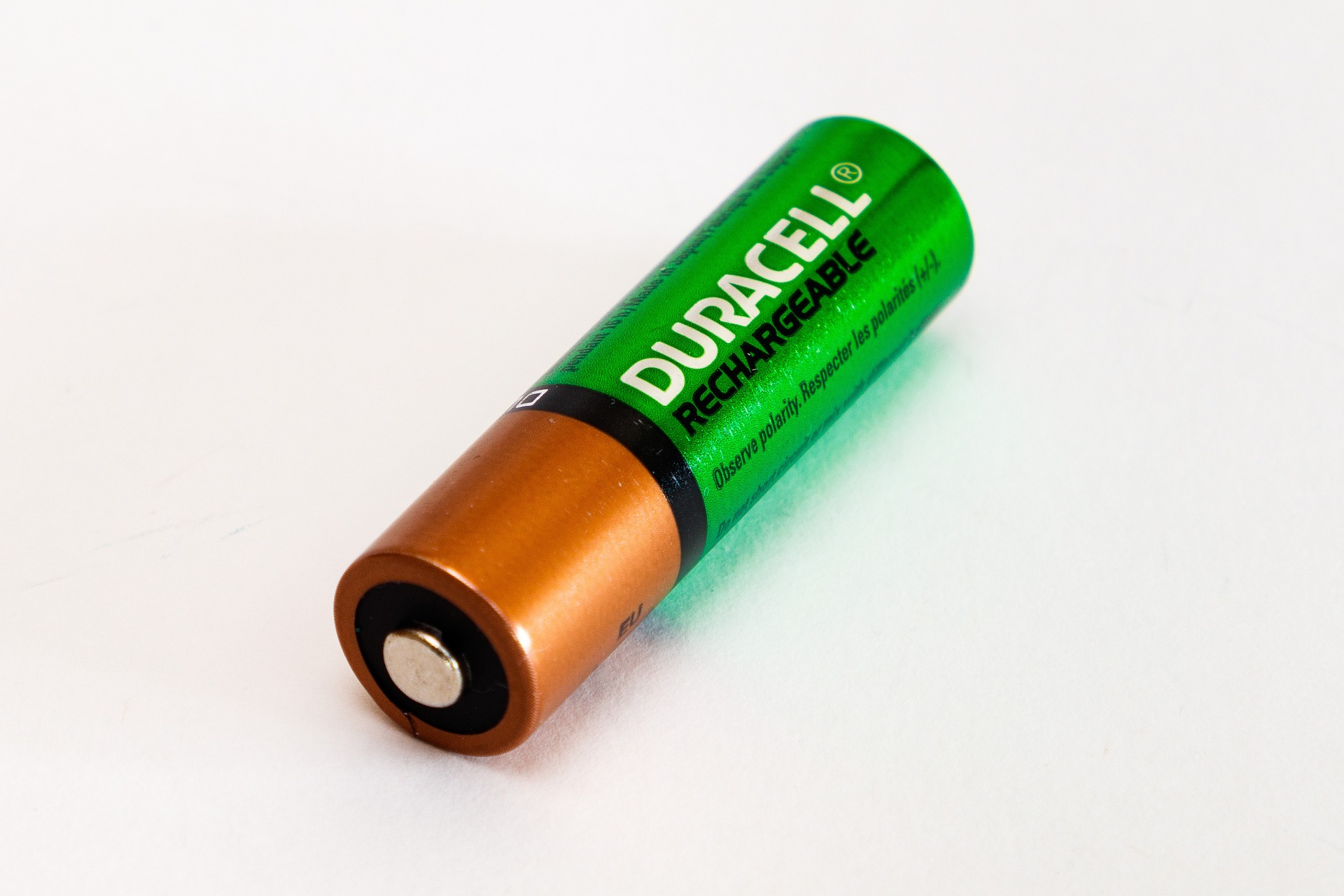Colon Cancer Treatment Options
Colon cancer is a serious condition that requires prompt and effective treatment. As medical science advances, patients now have access to various treatment options tailored to their specific needs. This article explores the different approaches to colon cancer treatment, from traditional methods to cutting-edge therapies.

What are the primary treatment options for colon cancer?
The main treatment options for colon cancer include surgery, chemotherapy, and radiation therapy. Surgery is often the first line of defense, especially for early-stage cancers. It involves removing the tumor and surrounding tissue, sometimes along with nearby lymph nodes. For more advanced cases, chemotherapy may be used before or after surgery to kill cancer cells throughout the body. Radiation therapy, which uses high-energy rays to destroy cancer cells, is less commonly used for colon cancer but may be recommended in certain situations.
How does surgery play a role in colon cancer treatment?
Surgery is the cornerstone of colon cancer treatment. The type of surgery depends on the cancer’s stage and location. For early-stage cancers, a minimally invasive procedure called laparoscopic surgery may be sufficient. More advanced cases might require a colectomy, where part of the colon is removed. In some instances, a temporary or permanent colostomy may be necessary. The goal of surgery is to remove all cancerous tissue while preserving as much normal function as possible.
What is the role of chemotherapy in treating colon cancer?
Chemotherapy uses drugs to kill cancer cells throughout the body. It can be administered before surgery (neoadjuvant chemotherapy) to shrink tumors or after surgery (adjuvant chemotherapy) to eliminate any remaining cancer cells. For advanced colon cancer, chemotherapy may be the primary treatment. Common chemotherapy drugs for colon cancer include 5-fluorouracil, capecitabine, and oxaliplatin. While effective, chemotherapy can cause side effects such as nausea, fatigue, and hair loss.
Are there targeted therapies available for colon cancer?
Yes, targeted therapies are an important advancement in colon cancer treatment. These drugs specifically target cancer cells or the processes that help them grow, often with fewer side effects than traditional chemotherapy. Examples include bevacizumab, which inhibits blood vessel growth in tumors, and cetuximab, which targets a protein called EGFR that is often overexpressed in colon cancer cells. Targeted therapies are typically used in combination with chemotherapy or as standalone treatments for advanced cases.
What are the early warning signs of colon cancer in adults over 50?
For adults over 50, recognizing the early warning signs of colon cancer is crucial for timely treatment. Common symptoms include changes in bowel habits, such as persistent diarrhea or constipation, blood in the stool, abdominal pain or cramping, unexplained weight loss, and fatigue. It’s important to note that these symptoms can also be caused by other conditions, but they should always be evaluated by a healthcare professional, especially for those in the high-risk age group.
How much does colon cancer surgery cost?
The cost of colon cancer surgery can vary widely depending on factors such as the type of procedure, location, and individual health insurance coverage. On average, colon cancer surgery in the United States can range from $30,000 to $100,000 or more. This estimate typically includes the surgical procedure, hospital stay, and immediate post-operative care.
| Procedure Type | Estimated Cost Range |
|---|---|
| Laparoscopic Colectomy | $30,000 - $50,000 |
| Open Colectomy | $40,000 - $70,000 |
| Complex Colon Resection | $60,000 - $100,000+ |
Prices, rates, or cost estimates mentioned in this article are based on the latest available information but may change over time. Independent research is advised before making financial decisions.
It’s important to note that these costs are before insurance coverage. Many health insurance plans cover a significant portion of cancer treatment costs, but patients may still face substantial out-of-pocket expenses. Additionally, the total cost of treatment often includes other aspects such as chemotherapy, radiation therapy, and follow-up care, which can significantly increase the overall expense.
What are the best colon cancer treatment centers in the US?
Several renowned institutions in the United States are known for their expertise in treating colon cancer. These centers typically offer comprehensive care, cutting-edge treatments, and access to clinical trials. Some of the top-rated colon cancer treatment centers include:
-
Memorial Sloan Kettering Cancer Center (New York, NY)
-
MD Anderson Cancer Center (Houston, TX)
-
Mayo Clinic (Rochester, MN)
-
Dana-Farber Cancer Institute (Boston, MA)
-
Johns Hopkins Hospital (Baltimore, MD)
These centers are recognized for their multidisciplinary approach, advanced research programs, and high success rates in treating colon cancer. However, it’s important to consider factors such as location, insurance coverage, and personal preferences when choosing a treatment center.
Are there colon cancer clinical trials accepting patients in 2025?
Clinical trials are an essential part of advancing colon cancer treatment. While specific trials for 2025 cannot be predicted with certainty, ongoing research continues to explore new therapies and treatment combinations. Patients interested in participating in clinical trials should consult with their oncologists and regularly check resources such as ClinicalTrials.gov for up-to-date information on available studies.
Current areas of focus in colon cancer research include immunotherapy, which harnesses the body’s immune system to fight cancer, and precision medicine approaches that target specific genetic mutations in tumors. As we approach 2025, it’s likely that new trials will emerge in these areas, as well as in novel combination therapies and less invasive treatment methods.
In conclusion, colon cancer treatment options have expanded significantly in recent years, offering patients a range of choices tailored to their specific circumstances. From traditional surgery and chemotherapy to targeted therapies and clinical trials, the landscape of colon cancer care continues to evolve. Early detection remains crucial, and adults over 50 should be vigilant about potential warning signs. While treatment can be costly, many excellent cancer centers in the US provide high-quality care. As research progresses, future clinical trials may offer even more promising options for those battling colon cancer.
This article is for informational purposes only and should not be considered medical advice. Please consult a qualified healthcare professional for personalized guidance and treatment.




